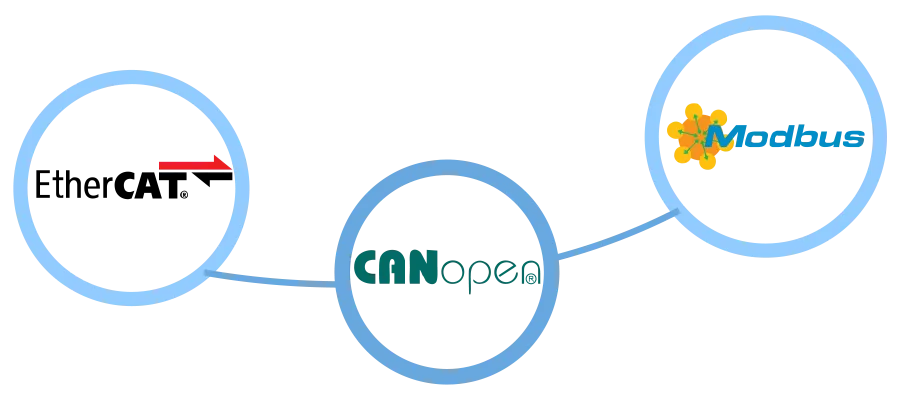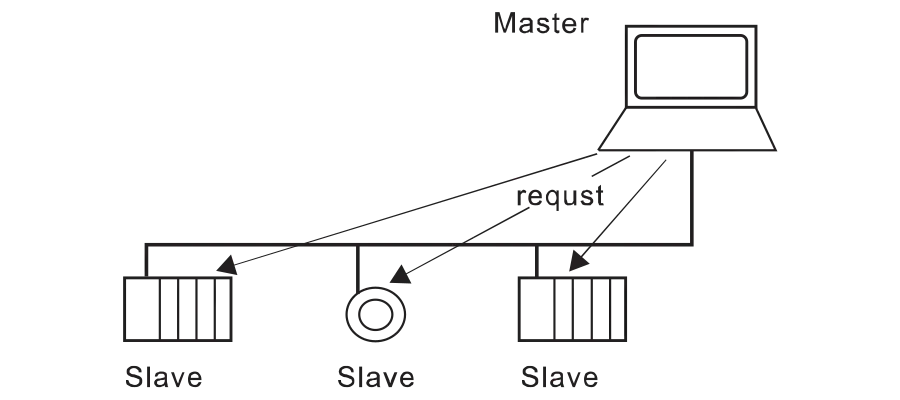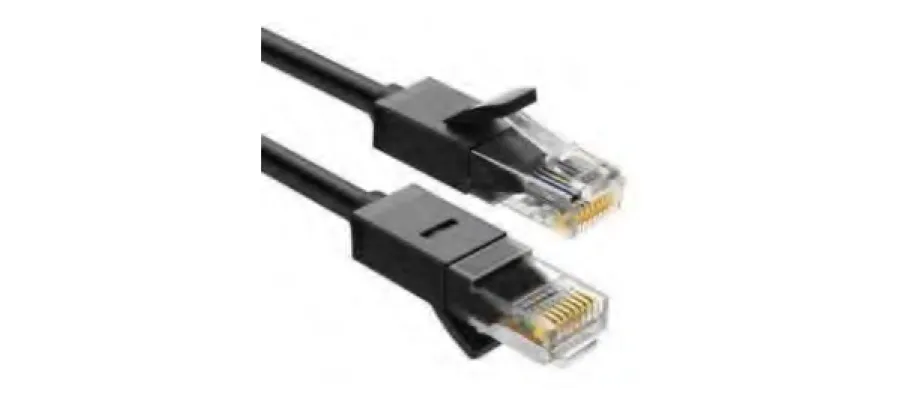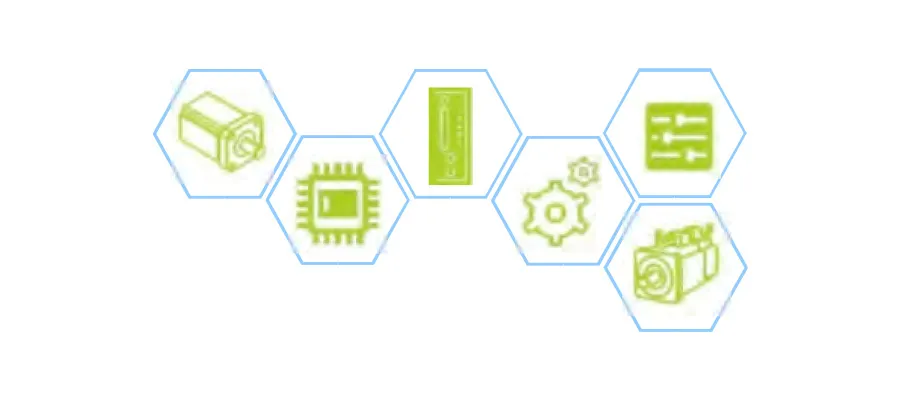Field Bus Stepper Drive
The control method of the traditional stepper motor is that the drive receives pulses to control the operation of the motor. At present, for some applications with high requirements, the pulse type control method can no longer meet the demand, and the fieldbus type control is required.
Compared with the pulse type, the fieldbus type is not only much easier in wiring, but also relatively simple to write the control program. Moreover, it can also monitor the running state of the motor and change the motor current and micro-stepping at any time, and simple control of acceleration and deceleration, analogue synchronous command, offline control, etc.


Diagram

Naming Rule

- Fieldbus Type
N: 485 communication
EC: EtherCAT communication - Serial Name
R: open loop
T: closed loop - Matching motor frame size
M: M series
- Non-standard code
*Model naming rules are only used for model meaning analysis. For specific optional models, please refer to the details page.

Product Series

NT Series
- Matching motor frame below 86mm
- Integrated motion controller function
- Built-in T-shaped acceleration and deceleration command
- Support torque homing
- Communication control/pulse control/ switch control

EP Series
- Matching motor frame below 60mm
- Integrated motion controller function
- Built-in T-shaped
- Support torque homing
- Compatible with 10M/100Mbps network interface



EC Series
- Matching motor frame below 86mm
- Comply with CiA402 specification
- CSP/CSV/HM/PP/PV
- Support torque homing
- The minimum synchronization period in CSP mode is 200us
Features
Various communication mode
- Includes a variety of filedbus communication methods,which are suitable for
various applications.

More flexible control
- The fieldbus realizes the distributed control, and for the distributed control system, the fieldbus is an indispensable part.

Stronger anti-interference ability
- Since the fieldbus control method adopts digital serial communication method and
the cable adopts shielded twisted pair, it has stronger anti-interference
ability than the traditional discrete control method.

More accurate and reliable
- Due to the intelligence and digitization of fieldbus devices, compared with traditional discrete control systems, the accuracy of measurement and control is fundamentally improved, and transmission errors are reduced. At the same time, due to the simplified structure of the system, the connection cables of the equipment are reduced, and the working reliability of the system is improved.


Block Diagram

Technical Specification
| Model | Peak Current (A) | Weight (Kg) | Power Voltage | Dimensions (mm) | Communication Mode | Maximum Baud Rate | Matching Motor |
|---|---|---|---|---|---|---|---|
| NT60 | 6 | 0.3 | 18-50 VDC | 118*76*33 | RS-485 | 115200 | Open loop or closed loop below 60 mm |
| NT86 | 8 | 0.6 | 18-80 VAC | 151*97*52 | RS-485 | 115200 | Open loop or closed loop below 86 mm |
| NT110 | 8 | 0.7 | 230VAC | 151*97*52 | RS-485 | 115200 | Open loop or Closed loop for 110mm , 3-phase |
| EPR60 | 6 | 0.4 | 18-50 VDC | 134*82*29 | TCP/IP | 10M / 100M | Open loop below 60 mm |
| EPT60 | 6 | 0.4 | 18-50 VDC | 134*82*29 | TCP/IP | 10M / 100M | Closed loop below 60 mm |
| EPR86 | 8 | 0.7 | 18-80 VAC | 139.6*97.5*35 | TCP/IP | 10M / 100M | Open loop below 60 mm |
| EPT86 | 8 | 0.7 | 18-80 VAC | 139.6*97.5*35 | TCP/IP | 10M / 100M | Closed loop below 60 mm |
| ECR42 | 2.5 | 0.4 | 18-80VDC | 134*82*29 | EtherCAT | 100M | Open loop below 42 mm |
| ECR60 | 6 | 0.4 | 18-80VDC | 134*82*29 | EtherCAT | 100M | Open loop below 60 mm |
| ECR86 | 7.2 | 0.6 | 18-80VAC | 151*97*35 | EtherCAT | 100M | Open loop below 86 mm |
| ECT42 | 3 | 0.4 | 18-80VDC | 134*82*29 | EtherCAT | 100M | Closed loop below 42 mm |
| ECT60 | 6.2 | 0.4 | 18-80VDC | 134*82*29 | EtherCAT | 100M | Closed loop below 60 mm |
| ECT86 | 7.2 | 0.6 | 18-80VAC | 151*97*35 | EtherCAT | 100M | Closed loop below 86 mm |
| ECR60X2 | 6 | 0.5 | 18-80VDC | 175*98*33 | EtherCAT | 100M | Open loop below 60 mm |
| ECR86X2 | 6 | 0.5 | 18-80VDC | 175*98*33 | EtherCAT | 100M | Open loop below 86 mm |

